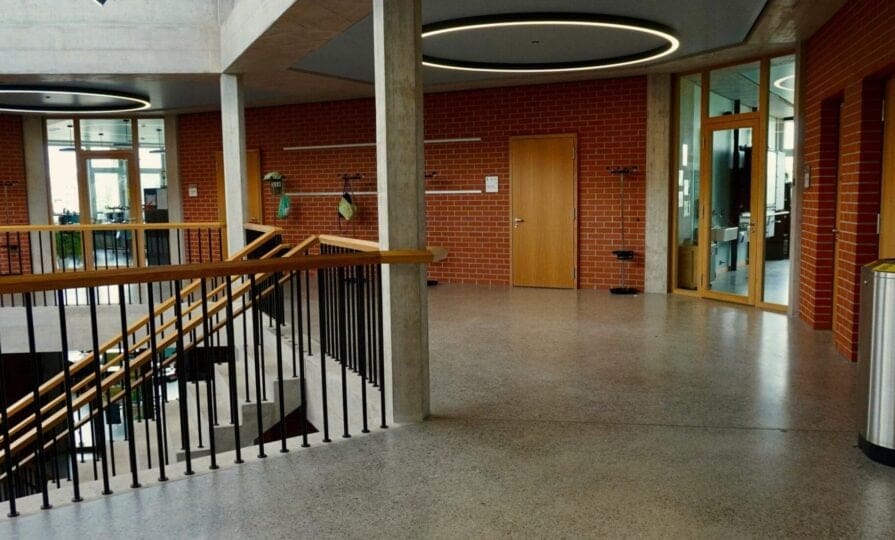School leaders welcome RAAC progress but warn of wider funding gap
The Department for Education confirmed that 52 schools had been fully cleared using targeted grants, while a further 71 were being rebuilt

Register to get 1 free article
Reveal the article below by registering for our email newsletter.
Want unlimited access? View Plans
Already have an account? Sign in
The National Association of Head Teachers (NAHT) has welcomed government progress in removing reinforced autoclaved aerated concrete (RAAC) from schools but warned that wider problems with crumbling buildings demand far greater investment.
It comes as the Department for Education (DfE) said more than half of schools and colleges affected by RAAC were now either fully clear of the material or had work under way to remove it. It confirmed that 52 schools had been fully cleared using targeted grants, while a further 71 were being rebuilt under the School Rebuilding Programme.
While the union supported the work to eliminate RAAC, it stressed that “there clearly remains some way to go”.
Paul Whiteman, general secretary of NAHT, said: “We welcome the progress made so far in removing RAAC. It is good to see that this government is prioritising this work and we urge it to continue to do so.
“However, there were 234 schools on the Department for Education’s final list of schools affected, and with many still awaiting remedial action – and at least one having had to delay the start of term – there clearly remains some way to go. Work to remove RAAC cannot come soon enough at these schools.”
He added: “We hear of problems with leaking roofs, children learning in draughty portable cabins, and even school dinners being served in corridors.”
National Audit Office figures estimated the cost of restoring school buildings to a satisfactory condition at £13.8bn. In light of this, Whiteman urged the Treasury to increase capital funding in the upcoming Budget.
Education secretary Bridget Phillipson said the government was “repairing the fabric of our schools and restoring the pride pupils feel in their classrooms”. She added that £38bn was being invested in education capital over five years, with maintenance spending rising to nearly £3bn annually through to 2034-35.
Whiteman said: “While any capital funding commitment is positive, the upcoming Budget provides another opportunity to commit to this essential work.”







